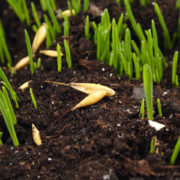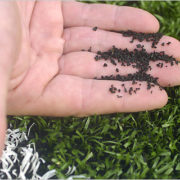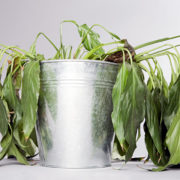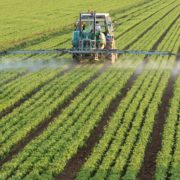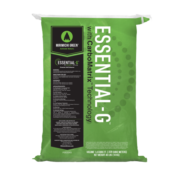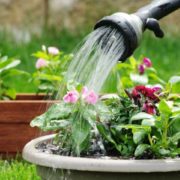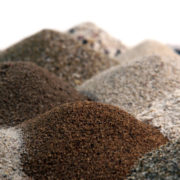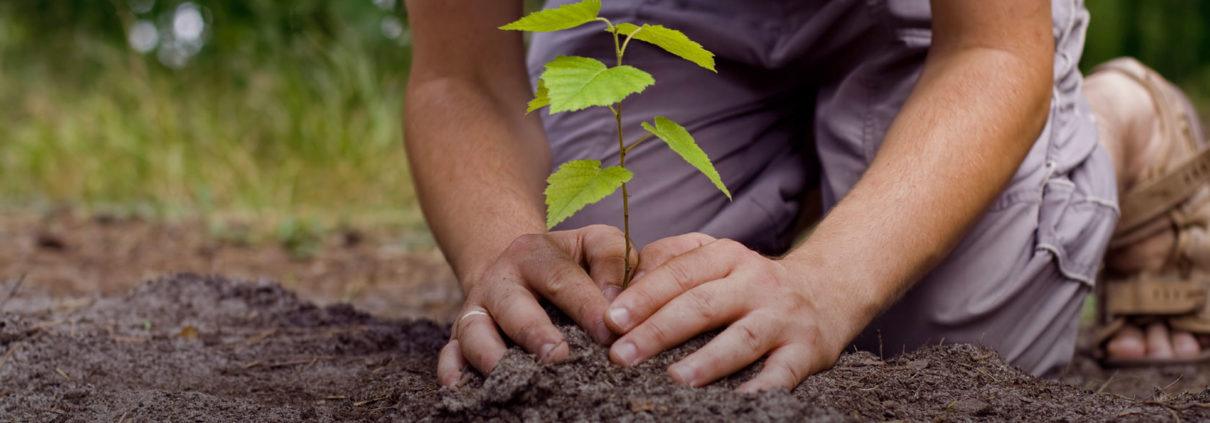
How to Choose the Right Soil for You
Successful growing starts from the right soil ground and works it’s way up to the plant. Making sure you have the right inputs is absolutely necessary. Here’s how to know what to look for.
Healthy soil will aid an ecosystem of beneficial micro-organisms and nutrients to feed your plants. The first step you should always take is to make sure your soil is optimized to grow your plants. But how can you tell? You can test your soil with a home testing kit that will tell you pH and nutrient levels. Chances are, you’ll need to amend your soil.

Garden Soils
The right soil is your first basic ingredient for a garden. Your current soil is likely lacking in nutrients and components needed for a healthy, prosperous garden. Adding garden soil will solve that problem.
Garden soils are great for a wide range of plants and gardens, including lawns, flowers, herbs, vegetable, and fruits. Proven garden soils are packed with elements that promote a healthy soil make up. Specialized garden soils can soften hard clay, improve drainage, or buffer the pH.
Planting Mix
When planting a shrub, bush, or tree, you will probably need to improve the right soil in the planting hole. Just remember, planting mix is meant to be a soil amendment, not a soil replacement. Planting mixes will improve the soil structure around your new plant, getting it off to a successful start.
Potting Mix For Containers & Raised Beds
Plants that grow in pots or raised beds have different needs than plants that grow in the ground. That’s why it is important to always use a potting mix for your pots and raised beds. This is different than a garden soil or planting mix. Potting and raised bed mixes contain fibers like perlite, rice hulls, and coconut fibers (coir) to encourage proper drainage and water retention.
Organic Mulch
You don’t want to use just any type of mulch. We recommend organic mulch, made from organic matter with no chemicals or harmful synthetic ingredients that can leach into the ground. A layer of organic mulch can help to reduce watering needs, as well as, help keep the soil cool, make it harder for weeds to grow and can enhance the look of a garden. Also, when organic mulch begins to decompose, it will add even more organic matter to the soil.
Fertilizers
Not everyone is lucky enough to have fertile soil. Your current soil is most likely deficient in nutrients or may have imbalanced pH levels. Fertilizers are a simple way to improve your soil’s fertility and provide nutrients to your plants and lawn.
It is very important to choose your fertilizers carefully. Some fertilizers can cause more harm than good from the chemicals and ingredients it is composed of. Chemical fertilizers will leech your soil of beneficial organic matter, micro-organisms, and nutrients required for a healthy, sustainable growth. Organic fertilizers or organic based fertilizers are made from natural materials that enrich your soil with nutrients, making it a more fertile and putting nutrients back into the soil for your plants to grow. Learn more about our proven soil products.
Choosing the right organic gardening products.
When selecting soil or soil additives, it’s not enough to simply look for the word “organic” on the package. Make sure you also look carefully at the ingredients on the label or in the Guaranteed Analysis. Many products that claim to be organic can still have harmful ingredients in the mix. Look for products that have been verified by an accredited, independent organization that meets the USDA National Organic Program standards. The Organic Materials Review Institute (OMRI) is one agency with such credentials. That’s one way to know the product you’re buying is proven organic, down the last ingredient.

